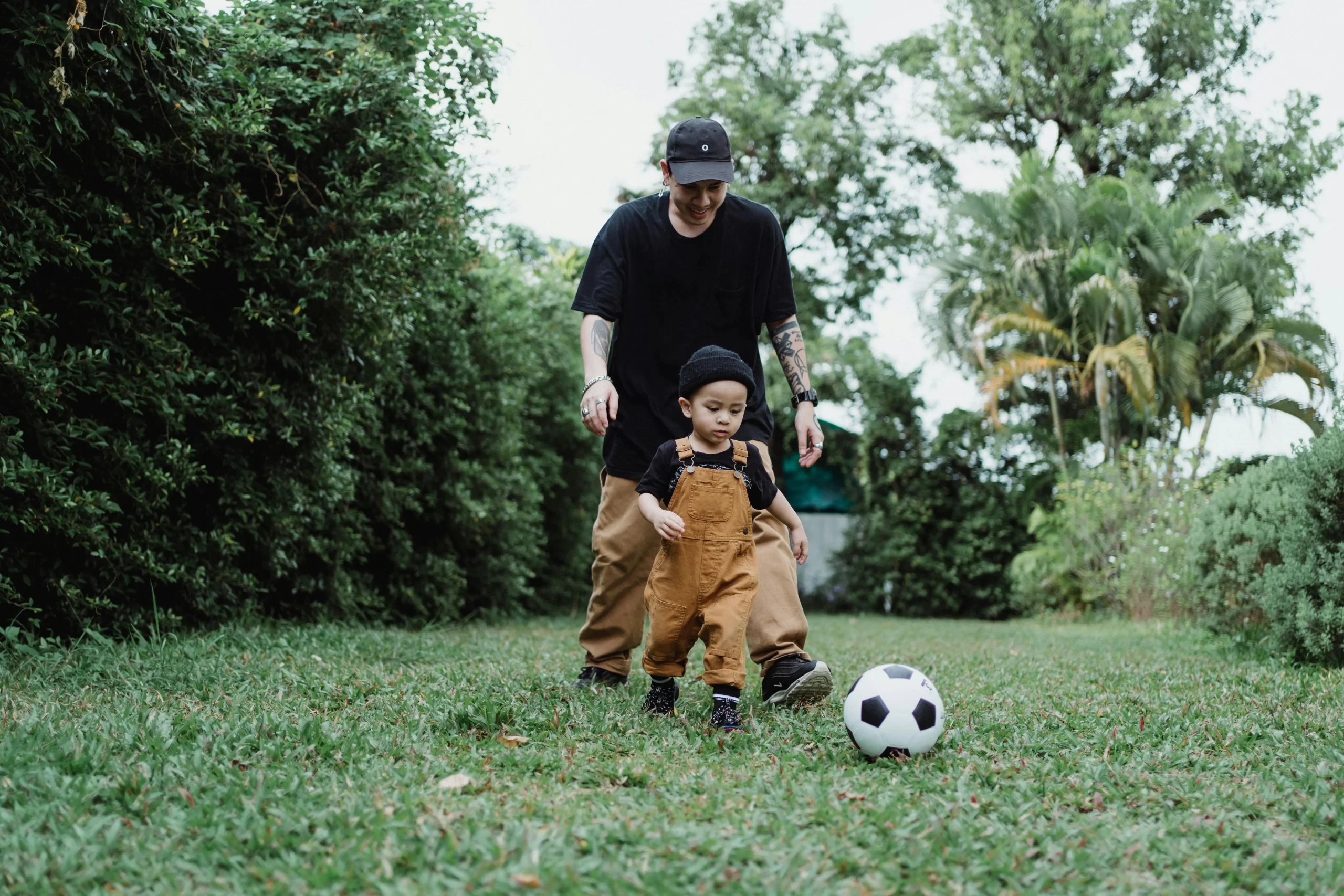Mastering Team Dynamics: How To Overcome Challenges And Build Stronger Teams
As a parent of an athlete, you’ve likely experienced the thrill of watching your child compete, but what happens when team dynamics start to clash? Conflicts among teammates can negatively impact your child’s overall experience and enjoyment of their sport. Sometimes, these issues lead to anxiety, disengagement, or even a decision to quit. It’s crucial for you, as a supportive parent, to help your child develop essential communication and conflict-resolution skills. This post will guide you in fostering a positive team environment, encouraging friendships both on and off the field, and creating an atmosphere where every athlete feels valued.
Understanding Team Conflicts
- Identify the Causes of Conflicts
Team conflicts often arise from misunderstandings, differing personalities, competition for positions, or external pressures. Start by recognizing the specific issues that your child is facing. Are there misunderstandings with teammates? Is there friction due to varying levels of skill? By pinpointing the root cause, you can better approach the situation. - Recognize Signs of Discontent
Pay attention to your child’s behavior. Do they seem anxious or less enthusiastic about practice and games? Have you noticed changes in their attitude? Recognizing these signs early can be crucial in addressing issues before they escalate. - Encourage Open Communication
One of the most effective ways to resolve conflicts is through open communication. Teach your child to express their feelings and concerns in a respectful manner. Here are some tips:
- Use “”I”” statements: Encourage your child to share their feelings clearly (e.g., “”I feel left out when…””).
- Active listening: Teach them to listen to their teammates’ perspectives without interrupting.
- Stay calm: Emphasize the importance of maintaining composure during discussions, even if tensions rise.
Building Skills to Resolve Conflicts
- Conflict Resolution Techniques
Equip your child with conflict resolution strategies. Here are several techniques that can help them navigate and resolve disputes effectively:
- Focus on the problem, not the person: Encourage them to address the issue at hand instead of blaming teammates.
- Find common ground: Help them identify shared goals or interests to build a cooperative atmosphere.
- Brainstorm solutions: Discuss potential solutions together. Engaging teammates in this process can further improve relationships.
- Role-Playing Scenarios
Practicing conversations through role-playing can be beneficial. This allows your child to rehearse how they might handle various situations with teammates. Consider scenarios where they must resolve disagreements or approach a teammate for support. - Encourage Team Bonding Activities
Encourage your child to foster friendships with teammates outside practice. Group activities such as movie nights, team dinners, or outings can strengthen relationships and create camaraderie. When teammates bond personally, they become more invested in each other’s success.
Creating a Positive Environment
- Lead by Example
As a parent, your attitude toward sports and teamwork sets an example for your child. Demonstrate good sportsmanship and healthy communication. Encourage them to be a role model for their teammates by showing kindness and respect. - Promote a Growth Mindset
Teach your child to view challenges as opportunities for growth rather than insurmountable obstacles. Emphasize that every athlete has strengths and weaknesses and that teamwork often means supporting one another through both. - Communicate with Coaches
Openly communicate with your child’s coaches about any concerns. Coaches can provide valuable insights into team dynamics and may be able to facilitate team-building activities or discussions to address issues.
Troubleshooting Common Issues
- If your child feels overwhelmed
If anxiety begins to affect their performance, practice relaxation techniques such as deep breathing or mindfulness exercises. Encourage them to discuss their feelings with you or a counselor to build coping strategies. - If conflicts persist
If conflicts continue despite your efforts, consider addressing it through a team meeting with the coach facilitating. This can provide a safe space for teammates to express concerns and seek resolutions. - If your child wants to quit
Before making any decisions, engage in a conversation. Understand their reasons and discuss possible solutions together. Sometimes, merely expressing their feelings can lead to clarity and renewed interest.
Encouraging Friendships On and Off the Field
- Get involved as a family
Attend team events and support functions. This involvement helps your child forge stronger bonds with peers and the coaching staff, improving overall team dynamics. - Encourage empathy
Teach your child the importance of supporting their teammates, both in victories and losses. Remind them that everyone has different motivations and challenges. - Celebrate successes together
Make it a regular habit to celebrate the entire team’s successes, whether big or small. Recognition fosters a sense of unity and belonging and reinforces positive relationships among players.
Conclusion: Fostering a Positive Team Environment
Navigating team dynamics might feel daunting, but with the right tools and support, you can significantly enhance your child’s experience. Focus on communication, conflict resolution tactics, and fostering friendships. Remember, the value of sports goes beyond competition; it’s about growth, teamwork, and community.
As parents, your involvement can make all the difference. Take action today by discussing these strategies with your athlete and encouraging open dialogue about their experiences. Together, you can create a joyful and positive environment that cultivates lasting friendships and memories. Start today, and watch your child’s passion for the game flourish!.




